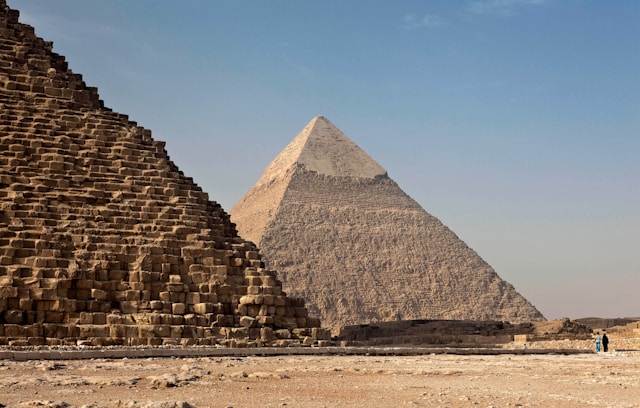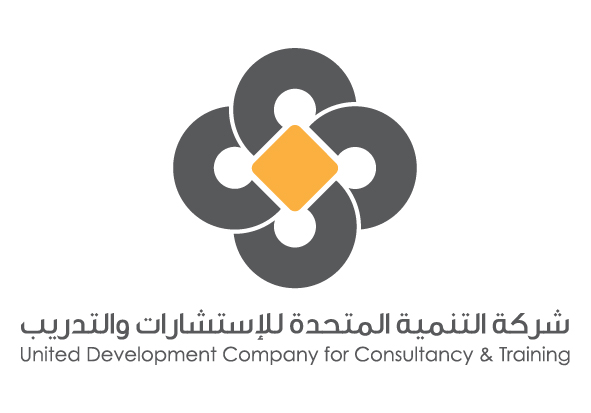
Cased Hole Logging for well and Reservoir Evaluation
August 3 @ 9:00 am - August 7 @ 3:00 pm
Contact Us for Price
INTRODUCTION
This interactive, applications-driven 5-day Open and Cased Hole Log Interpretation training course will highlight the techniques and principles of the main open and cased hole logging tools used in the oil industry for professionals who needs to deal with wireline logs in their daily job.
This training course will explore the tools response explained from their physical principles as well as their relationship with the rock and fluid properties, most common open and cased hole logging technologies will be covered explaining their main applications and limitations. Interpretation methods will be discussed with examples and exercises.
This training course will feature:
• Discussions on open hole tools physical principles and applications
• Tool limitations on different borehole environments
• Tips and examples to identify and understand common logging issues
• Explanation of petrophysical concepts and techniques for basic log interpretation
• Cement and corrosion evaluation tools principles and applications
• Cased hole resistivity, porosity and saturation tools
• Application of interpretation methods in some examples and exercises
Objectives
By the end of this training course, participants will be able to:
• Understand the physical principles of main open and cased hole logging tools
• Know the main applications and limitations of the different tool readings
• Perform a quantitative formation evaluation on a simple lithology
• Understand the uses and interpretation of open and cased hole logging tools
Course Outline
DAY 1
Basic Concepts Review, Resistivity and Conductivity Tools
• Basic Well Logging Concepts
• Auxiliary Measurements, Applications and Common Issues
• Basic Measurements: Gamma Ray and Spontaneous Potential
• Resistivity Theory, Principles and Applications of Laterologs
• Microresistivity Devices, Principles and Applications
• Conductivity Tools, Uses and Limitations
• RT and Invasion Profile Determination
DAY 2
Nuclear, Acoustic and Geological Logging Tools
• Formation Density Tools – Principles and Applications
• Neutron Tools Principles and Applications
• Porosity Determination from Density and Neutron Logs
• Lithology Determination and Calibrations
• Basic Sonic Tools – Borehole Compensation
• Dipole Sonic Tools – Applications
• Mechanical Properties – Determination and Uses
• Dipmeter Interpretation Principles
• Geological Image (resistivity and ultrasonic) Logging Tools
• Structural and Stratigraphic Interpretation Principles
• Facies Analysis for Reservoir Characterization with Image Logs
DAY 3
Advanced Logging Tools and Formation Testers
• Nuclear Magnetic Resonance – Applications and Limitations
• Relaxation Mechanisms and their Association with Fluid and Rock Properties
• Porosity, Irreducible Water Saturation and Permeability Determination
• Advanced Fluid Determination Methods: 3D map T1-T2-Difussion
• Dielectric Tools Principles and Applications
• Saturation Determination Parameters, m, n and CEC
• Geochemical Logging Tools – uses and limitations
• Reservoir Pressure Determination Tools
• Pre-test Interpretation – common issues
• Pressure Gradient Interpretation and Examples
• Fluid Sampling, Optical and Composition Fluid Analyzers
• Advanced Orobes for Special Well and Reservoir Conditions
• Permeability Determination
DAY 4
Cased Hole Logging Tools
• Cement Evaluation Logs: CBL-VDL. Interpretation and LQC
• Ultrasonic Cement Evaluation Tools
• Corrosion Logging Tools
• Saturation Determination in Cased Hole
• Pulsed Neutron and Carbon / Oxygen Tools
• Cased Hole Resistivity and Porosity Tools
• Comparison with Open Hole Logs
• Formation Testers in Cased Hole
• Basic Production Logging Sensors
• One and Two-phase Fluid Analysis
• Multi-phase Fluid Analysis with Advanced Sensors
DAY 5
Well Perforating and Basic Formation Evaluation Techniques
• Well Perforating Principles and Techniques
• Formation Evaluation Principles
• Rw Determination Methods
• Crossplots Utilization, Hingle and Pickett Plots
• Graphical Interpretation Techniques for Porosity and Lithology
• Saturation Determination Equations and Techniques
• Complete Formation Evaluation for Simple Lithology



